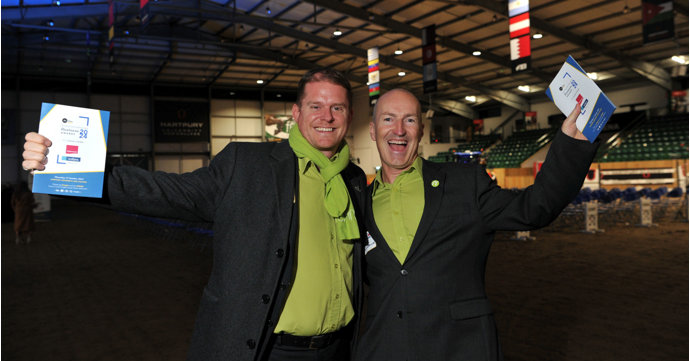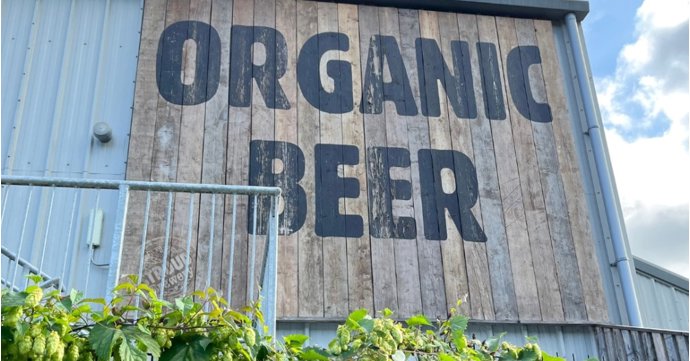The Chancellor faced many hurdles in putting together his Autumn Statement; not only are there the ‘global headwinds’ caused by Covid and the war in Ukraine, but there was also the need to repair the domestic reputational damage done by the mini-budget, writes Ruth Dooley, of Hazlewoods LLP.
Mr Hunt aimed to restore confidence in the economic leadership of the government by making it clear that the measures announced had been properly costed in the ‘red book’ by the Office for Budget Responsibility.
There was also the challenge of trying to give protection to the most vulnerable in society, in light of the current cost of living crisis. The Chancellor said that those with the highest incomes and highest profits would pay the largest share.
For those on benefits or drawing pensions, there was an inflationary rise of 10 per cent in their payments from next April, but for the highest earners more of their income will be taxed at 45 per cent rather than 40 per cent.
All taxpayers will also see an increase in their tax burdens, due to the so-called ‘stealth taxes’. This is the freezing of tax bands and allowances for a further two years to 2028, which in times of high inflation hits much harder.
The red book shows there is a £68 billion cost for the fuel reliefs for households and businesses this year and next. The taxation of windfall profits in the energy sector, however, is forecast to raise about £56 billion over the next six years, so it looks as if the fuel reliefs will be financed from the most part by the energy companies, which seems logical.
‘The economic reality was laid bare; the Chancellor stated that the UK is now in recession, alongside one-third of the world’s economies.
The usual scare tactics were deployed, whereby expectations were set in advance of high tax rises and deep spending cuts, which did not then materialise on the day Infrastructure projects such as HS2 and the ‘missing link’ A417 in Gloucestershire will continue to be supported by the government, which is a recognition that economic growth is needed to tackle the recession.
A fine balancing act was needed to raise revenue, yet not deter investment and growth. Only time will tell whether or not the Autumn Statement will be successful in achieving that balance.




















